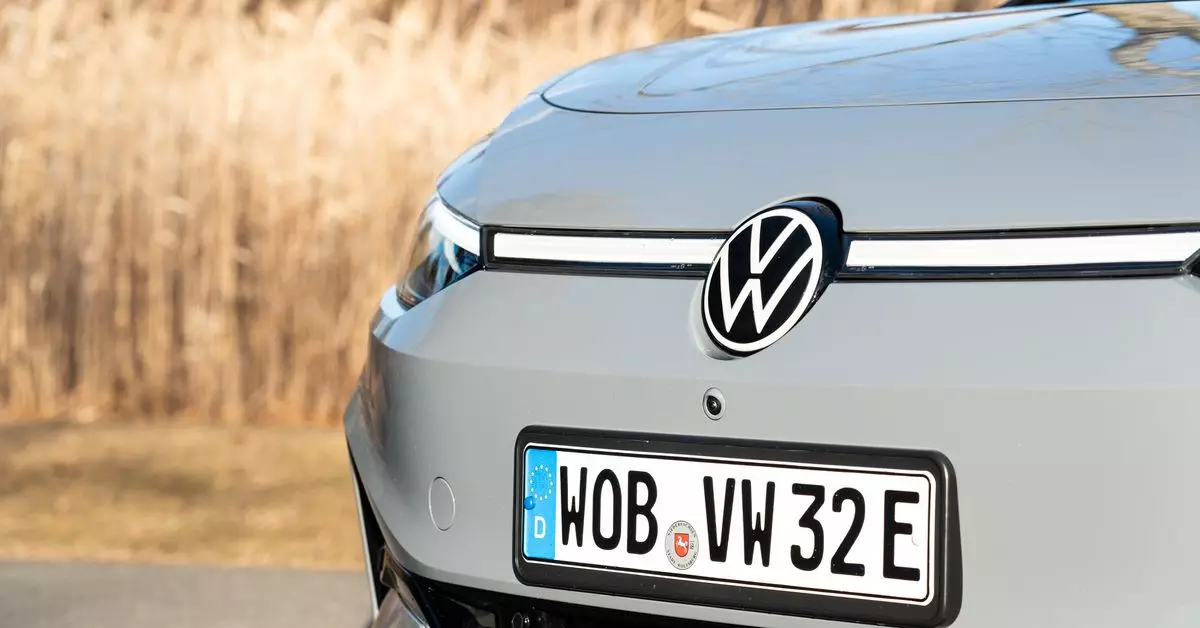The recent revelation that around 800,000 electric Volkswagen vehicles had their location data exposed online raises significant concerns about data security within the automotive industry. This alarming report, unveiled by the German news outlet Der Spiegel, sheds light on a software flaw within Volkswagen that may have allowed unauthorized access to sensitive information. The implications of this leak extend far beyond Volkswagen itself, affecting electric vehicles (EVs) from its associated brands such as Audi, Seat, and Skoda. This situation highlights the urgent need for stricter cybersecurity measures in the increasingly interconnected world of consumer technology.
The breach was initially brought to attention by a whistleblower, who informed both Der Spiegel and the Chaos Computer Club, a European hacking organization. Their involvement underscores the essential role that whistleblowers play in identifying vulnerabilities within systems that could potentially compromise user data. Such revelations are increasingly critical in today’s digital landscape, where privacy invasions can occur with alarming ease. The incident emphasizes the importance of fostering a culture of transparency and accountability in tech companies, particularly those handling sensitive personal information.
The findings from Der Spiegel highlighted disturbing specifics regarding the extent of the data that was made publicly accessible. The leak, stemming from Volkswagen’s subsidiary, Cariad, involved sensitive information being stored in Amazon’s cloud service. This data not only included the precise location of 460,000 vehicles—accurate to within ten centimeters—but also relevant user information such as names, contact information, and operational details regarding the vehicles themselves. Such comprehensive data exposure poses grave risks, as it could facilitate stalking or other malicious behaviors against drivers who were unaware that their movements were being tracked.
This incident raises pressing questions about the responsibilities of automakers and tech companies when it comes to data protection. As vehicles become more connected and reliant on software, the potential for data breaches increases dramatically. Manufacturers must prioritize cybersecurity within their development processes and adopt more rigorous protocols to ensure that consumer data is adequately safeguarded. The incident serves as a wake-up call, urging all automotive companies to reevaluate their security practices to prevent similar breaches in the future.
The exposure of sensitive information belonging to Volkswagen drivers is a clarion call for industry-wide reform in data security practices. In a world where technology is rapidly evolving, companies cannot afford to become complacent about the handling of consumer information. As the automotive industry continues its push towards electric and connected vehicles, this event serves as a reminder of the potential pitfalls and the paramount importance of protecting user data. Strengthening cybersecurity measures will not just protect consumers; it will also rebuild trust and confidence in the rapidly evolving landscape of automotive technology.


Leave a Reply